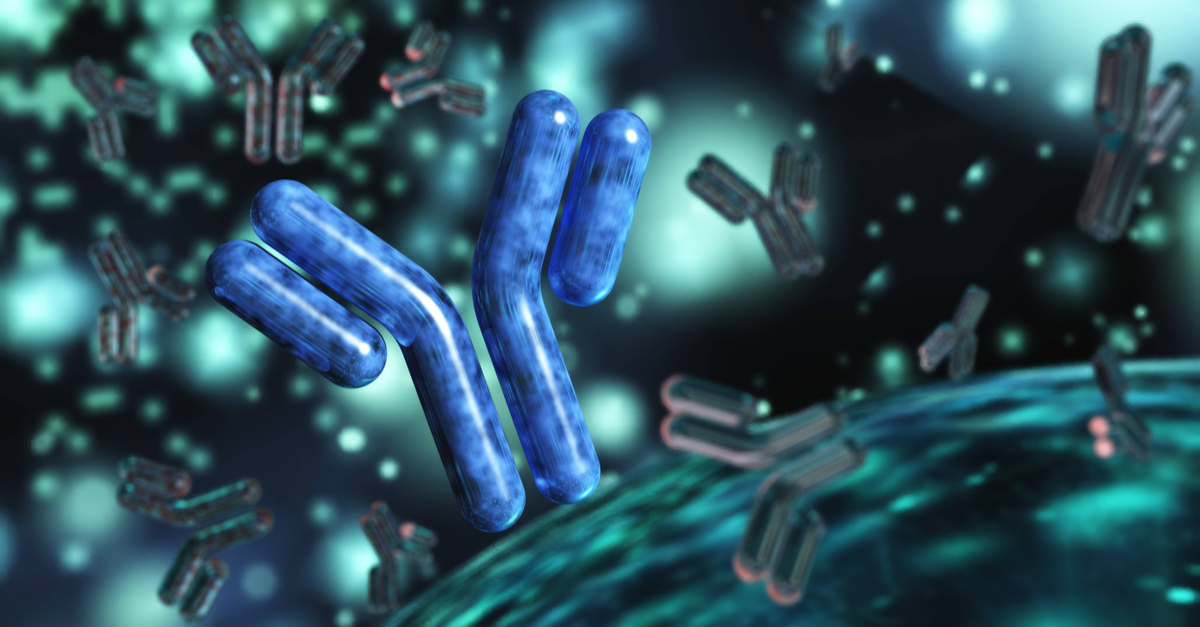Decidual NK Cells Transfer Granulysin to Selectively Kill Bacteria in Trophoblasts

AUTHORS
Angela C. Crespo, Sachin Mulik, Farokh Dotiwala, James A. Ansara, Sumit Sen Santara, Kayleigh Ingersoll, Cristian Ovies, Caroline Junqueira, Tamara Tilburgs, Jack L. Strominge, Judy Lieberman
SUMMARY
Maternal decidual NK (dNK) cells promote placentation, but how they protect against placental infection while maintaining fetal tolerance is unclear. Here we show that human dNK cells highly express the antimicrobial peptide granulysin (GNLY) and selectively transfer it via nanotubes to extravillous trophoblasts to kill intracellular Listeria monocytogenes (Lm) without killing the trophoblast. Transfer of GNLY, but not other cell death-inducing cytotoxic granule proteins, strongly inhibits Lm in human placental cultures and in mouse and human trophoblast cell lines. Placental and fetal Lm loads are lower and pregnancy success is greatly improved in pregnant Lm-infected GNLY-transgenic mice than in wild-type mice that lack GNLY. This immune defense is not restricted to pregnancy; peripheral NK (pNK) cells also transfer GNLY to kill bacteria in macrophages and dendritic cells without killing the host cell. Nanotube transfer of GNLY allows dNK to protect against infection while leaving the maternal-fetal barrier intact.
REFERENCES
Crespo, A. C., Mulik, S., Dotiwala, F., et al. Decidual NK Cells Transfer Granulysin to Selectively Kill Bacteria in Trophoblasts. Cell (2020) 182 (5). https://doi.org/10.1016/j.cell.2020.07.019
PRODUCT HIGHLIGHTS
The following Bio X Cell in vivo monoclonal antibodies were featured in the publication:
- InVivoMAb anti-mouse Cd4 (Clone GK 1.5 Bio X Cell catalog no. BE0003-1)
- InVivoMAb anti-mouse CD8α (Clone 2.43 Bio X Cell catalog no. BE0061)
- InVivoMAb rat IgG2b isotype control, anti-keyhole limpet hemocyanin (Clone LTF-2 catalog no. BE0090)
